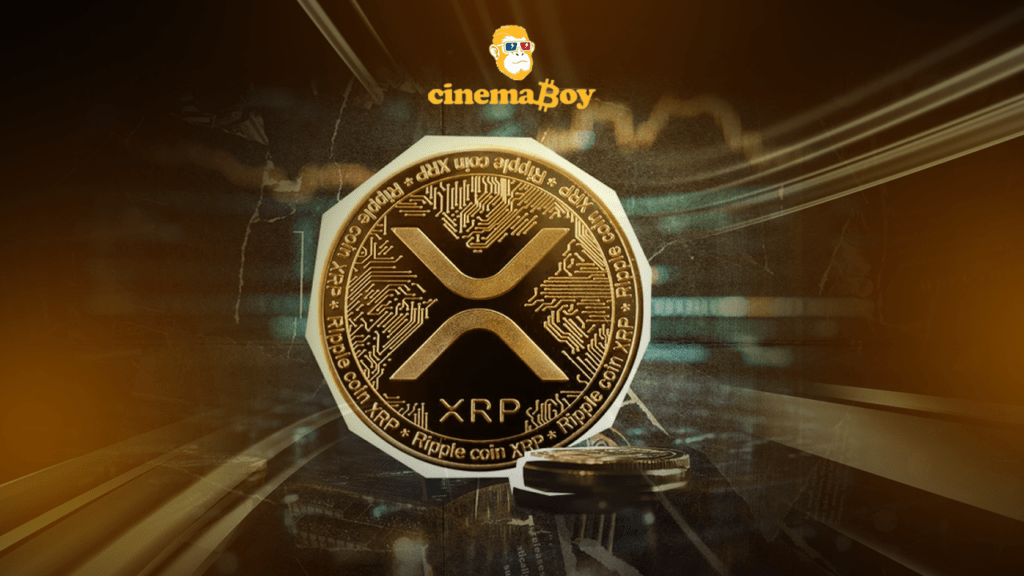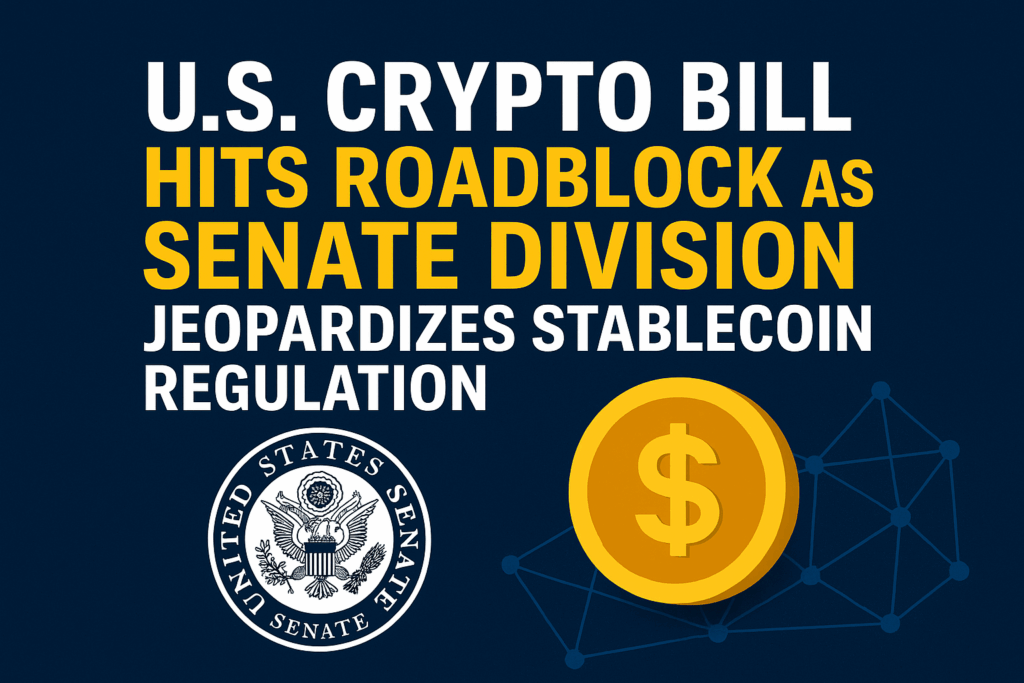Market Pulse
The digital gold rush continues, but the landscape of extracting value from the blockchain is ever-evolving. As institutional interest in cryptocurrency matures, the fundamental mechanisms underpinning these decentralized networks, such as Bitcoin mining, are witnessing renewed strategic focus. Recent reports highlight robust performance from entities deeply invested in the mining sector, signaling a pivotal moment for those seeking to understand the enduring profitability and strategic importance of contributing to Bitcoin’s robust security.
The Enduring Power of Bitcoin Mining
Bitcoin mining is the decentralized process by which new bitcoins are introduced into circulation and new transactions are added to the blockchain. Miners use specialized hardware to solve complex computational puzzles, and the first miner to find the solution gets to add the next block to the blockchain and is rewarded with newly minted bitcoins and transaction fees. Despite historical volatility in Bitcoin’s price, the underlying economics of mining have shown remarkable resilience for well-managed operations. This process is not just about creating new supply; it’s the very foundation of Bitcoin’s security and immutability, validating every transaction and protecting the network from malicious attacks.
Strategic Investment in Mining Infrastructure
The days of hobbyists mining Bitcoin from their homes are largely behind us, as the industry has professionalized significantly. Large-scale operations now dominate, characterized by massive investments in specialized ASIC (Application-Specific Integrated Circuit) hardware, access to cheap, abundant energy, and sophisticated management strategies. Companies are not just buying machines; they are strategically optimizing every aspect of their operations, from energy procurement (often leveraging renewable sources to mitigate environmental concerns and reduce costs) to infrastructure build-out and sophisticated financial hedging.
- Energy Sourcing: Shifting towards sustainable and cost-effective energy solutions.
- Hardware Optimization: Investing in the latest, most efficient mining rigs.
- Geographic Diversification: Spreading operations across regions with favorable energy costs and regulatory environments.
- Operational Efficiency: Implementing advanced cooling systems and maintenance protocols to maximize uptime.
Demonstrating Profitability: A Case Study
Recent figures from Crypto-blockchain Industries (CBI) exemplify this trend, reporting an impressive return on investment of over 30% on its Bitcoin mining operations in September {current_date, YYYY}. This performance underscores the potential for significant returns when mining operations are executed with precision and strategic foresight. Such outcomes are not accidental; they are the result of meticulous planning, capital allocation, and continuous operational adjustments to fluctuating market conditions and mining difficulty. This profitability also highlights the increasing sophistication of companies that treat Bitcoin mining not just as a speculative venture, but as a robust industrial activity with predictable, albeit variable, cash flows.
Beyond the Block Reward: The Future of Mining Economics
While block rewards (newly minted bitcoins) remain the primary incentive, transaction fees are expected to play an increasingly vital role in miner profitability, especially as Bitcoin halving events continue to reduce the block reward over time. The growth of the Bitcoin ecosystem, including the proliferation of Layer 2 solutions and Ordinals, could drive higher transaction volumes and, consequently, higher fees. Miners are actively exploring new revenue streams and efficiencies to maintain their edge in a highly competitive global market.
- Transaction Fee Dominance: Expecting fees to comprise a larger share of revenue.
- Ancillary Services: Potentially exploring services like transaction ordering or MEV (Miner Extractable Value) capture, though this is more prevalent in other chains.
- Sustainable Practices: Enhanced focus on environmental, social, and governance (ESG) factors to attract broader investment.
Conclusion
The narrative around Bitcoin mining is shifting from a simple energy-intensive process to a sophisticated, strategically managed industry capable of generating substantial returns. As shown by examples like CBI’s recent success, disciplined investment and operational excellence can unlock significant value. For investors and enthusiasts alike, understanding the intricate dynamics of mining offers a crucial lens through which to view Bitcoin’s long-term security and economic viability, reinforcing its position as a cornerstone of the digital economy.
Adebayo
Financial journalist Adebayo is an authority on Web3, expertly covering Decentralized Finance (DeFi), stablecoins like Ethena and suiUSDe, and the SUI ecosystem including its buyback mechanisms. He delivers incisive analysis on AI Crypto, Data Ownership, Decentralized AI, Bitcoin Mining, and blockchain technology, guiding readers on optimizing crypto investment profitability, staking rewards, and airdrops.
Pros (Bullish Points)
- Well-managed Bitcoin mining operations are demonstrating significant and sustainable profitability, attracting institutional capital.
- Strategic investments in infrastructure and energy efficiency are enhancing returns and operational resilience, especially with a focus on ESG factors.
Cons (Bearish Points)
- The industry remains highly sensitive to Bitcoin price volatility and changes in mining difficulty, impacting revenue streams.
- High initial capital expenditure and ongoing operational costs for energy and hardware can be prohibitive for new entrants.
Frequently Asked Questions
What is Bitcoin mining?
Bitcoin mining is the process of validating transactions and adding new blocks to the Bitcoin blockchain, rewarded with new bitcoins (block rewards) and transaction fees.
Why is Bitcoin mining becoming more professionalized?
Increased competition, rising energy costs, and the need for greater efficiency drive large-scale investments in specialized hardware, access to cheap energy, and sophisticated management strategies.
How do transaction fees impact miner profitability?
As block rewards decrease due to halving events, transaction fees are expected to become an increasingly important component of a miner's overall revenue, incentivizing block inclusion.






